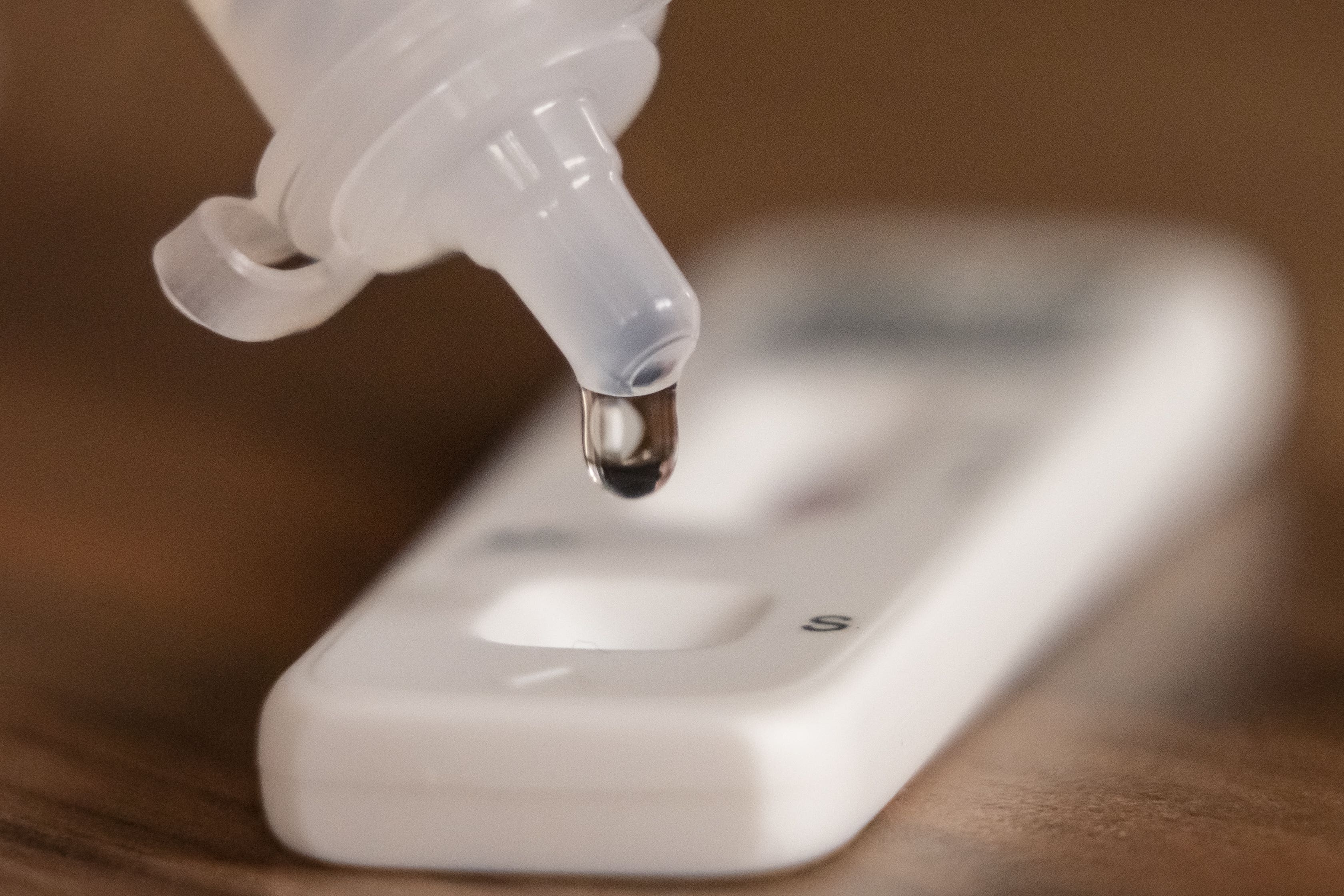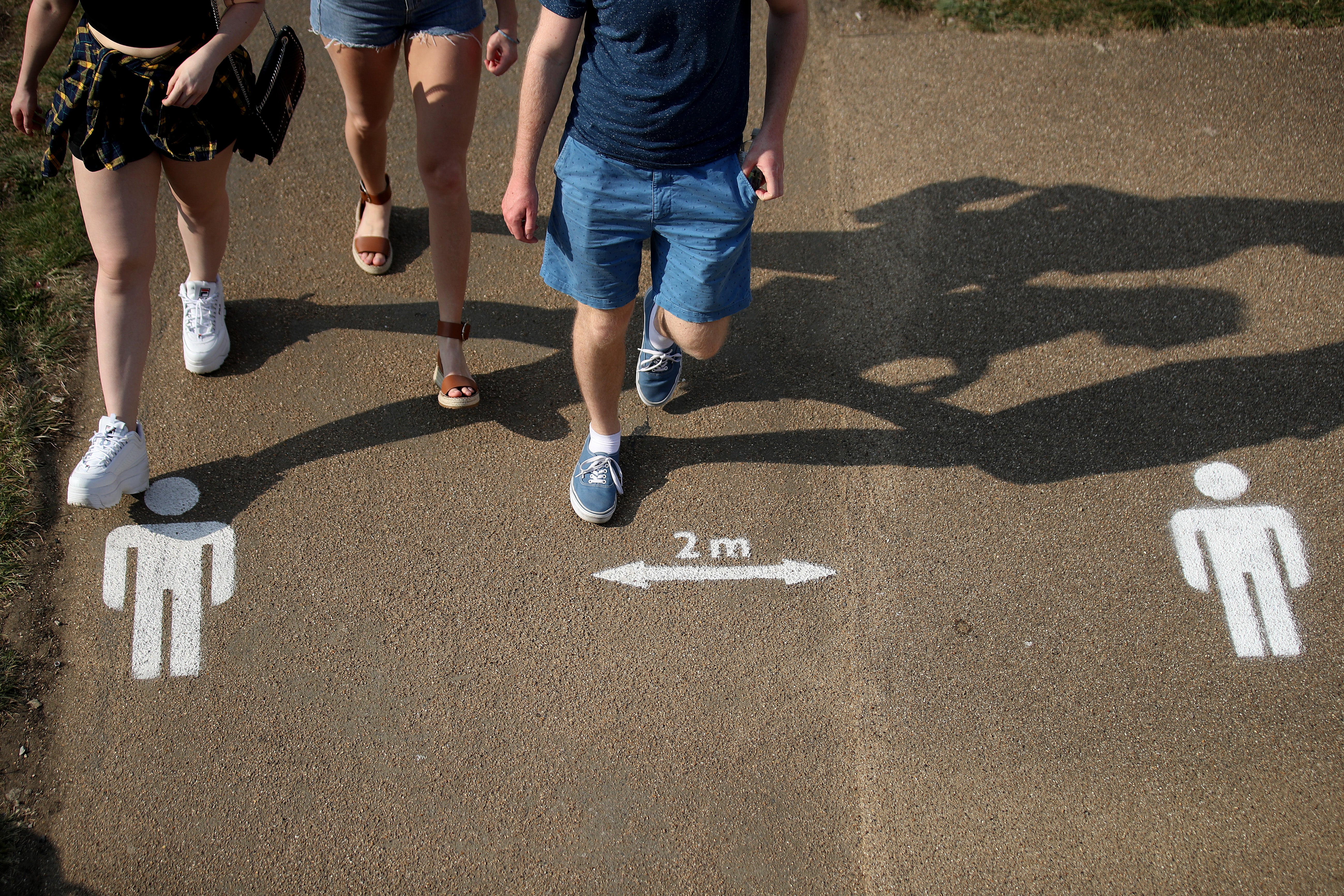Revealed: The coronavirus outbreak plan ignored by the government during the pandemic
As the Covid Inquiry publishes its findings, The Independent reveals the ready-to-go pandemic plan that the government ignored

Your support helps us to tell the story
From reproductive rights to climate change to Big Tech, The Independent is on the ground when the story is developing. Whether it's investigating the financials of Elon Musk's pro-Trump PAC or producing our latest documentary, 'The A Word', which shines a light on the American women fighting for reproductive rights, we know how important it is to parse out the facts from the messaging.
At such a critical moment in US history, we need reporters on the ground. Your donation allows us to keep sending journalists to speak to both sides of the story.
The Independent is trusted by Americans across the entire political spectrum. And unlike many other quality news outlets, we choose not to lock Americans out of our reporting and analysis with paywalls. We believe quality journalism should be available to everyone, paid for by those who can afford it.
Your support makes all the difference.The Covid Inquiry publishes its first report into government failings over its handling of the pandemic today. The probe has reviewed how prepared the UK was to face the deadly outbreak in 2020, with the findings set to be damning.
It comes after The Independent revealed in 2021 that a ready-made plan was drawn up to tackle a coronavirus outbreak. Despite being published in 2005, it was “lost” in Whitehall and never used during the Covid-19 pandemic.
The document recommended many similar measures to those the government eventually took during the pandemic which swept over the planet from 2020 to 2022.
This included building up infrastructure for virus testing and PPE stockpiling in case of an outbreak.

Response measures also included travel restrictions, isolating and testing contacts with infections, and limiting “super-spreader” events.
The plan was drawn up in response to Sars, which was an epidemic less severe than Covid-19, lasting from 2002 to 2004. It was uncovered by The Independent three years ago following a Freedom of Information request.
A former government adviser said the framework could have saved “tens of thousands of lives” if it had been deployed to handle the Covid-19 pandemic.
Instead, it sat in a drawer as the government scrambled to make a plan. One source said it went “missing” shortly after it was submitted, with a senior medical adviser who served in Downing Street throughout the last decade saying they were “totally surprised” to learn of the plan.
Another involved in the early response to Covid-19 said ministers had been “starting from scratch” in February and March 2020, as the outbreak in the UK grew, adding: “There was no awareness of this document.”
“It was overlooked,” said Sir David King, chief scientific adviser from 2000 to 2007, who was involved in developing the document.
“I believe tens of thousands of lives would have been saved. I think the economy would have been in a much better place too.”

The Covid Inquiry has heard from politicians and experts, including former prime ministers Boris Johnson and Rishi Sunak, and former health secretaries Jeremy Hunt and Matt Hancock.
In his evidence, Mr Hunt admitted to the inquiry that the government should have been paying more attention to countries in Asia who were managing to deal with the outbreak more effectively.
This was in part thanks to the lessons learned from the Sars outbreak which severely impacted countries like Taiwan, Singapore and South Korea.
One senior medical adviser during the 2010s told The Independent that they had suggested running tabletop exercises for ministers on Sars, but Public Health England refused.
“I was told, ‘No, it won’t reach here,’” the source said. “This persisted with Covid. This belief that it won’t ever reach here and we don’t need to learn from the countries in Asia. We took a long time to wake up, even when it was in Italy.”
However, they too said the Sars plan could have played a key part in the Covid response.
“We would have known about airflow, we would have protected our staff better and thought about the co-morbidities more. And if we just followed this, maybe we’d have started planning earlier.”
As the Covid Inquiry overseen by Baroness Hallett publishes its first report, it is likely the government’s failure to learn from previous administrations and outbreaks past will form a key part of her findings.
Join our commenting forum
Join thought-provoking conversations, follow other Independent readers and see their replies
Comments